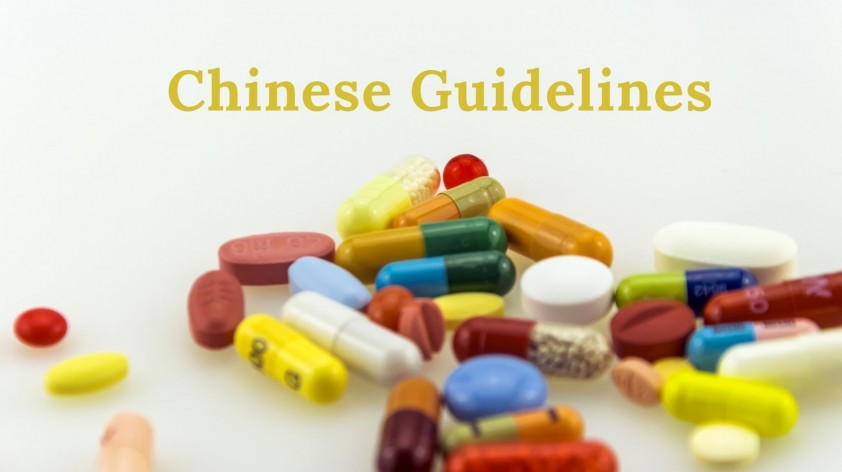On 11 and 12 of May 2017, China Food and Drug Administration (FDA) announced on its official website four new draft regulations on drugs and medical devices. All drafts are currently inviting public comments via Email: yhzcszhc@cfda.gov.cn; deadline: 10 June 2017. We translate the main contents from Chinese into English, focusing on the possible impact on overseas companies.
“Encourage Innovation and Expedite Marketing Approvals of Drugs and Medical Devices (Draft Regulation)”
DMDs that are intended for severe life-threatening diseases which currently have no effective treatment may receive conditional marketing approvals, suppose their clinical efficacy is supported by early- and mid-phase clinical trials.
Such DMDs may be eligible for clinical trial waivers, in order to expedite review and approval. DMDs that are intended for rare diseases treatment that already gained marketing approvals overseas may receive conditional marketing approvals in China. Necessary trials may be conducted and completed within a specified time after marketing approval.
Strictly control the change of oral preparation into injection. If oral preparation can already satisfy clinical needs, application for injection form will be rejected. Strictly control the change of intramuscular injection into intravenous preparations. If intramuscular injection can already satisfy clinical needs, application for intravenous preparations will be rejected.
“Encourage Innovation and Reform of Clinical Trial Management on Drugs and Medical Devices (Draft Regulation)”
Qualification recognition of clinical trial institutions will discontinue. After registered and recorded on designated websites from food and drug administration authorities, hospitals and healthcare institutions are eligible to conduct clinical trials.
Encourage overseas entities and research institutions to conduct Phase I clinical trials.
If multi-centre clinical trials are to be conducted, after the ethical committee of the lead institution reach a conclusion, ethical committees of member institutions should accept such conclusion and no further review is needed. In a broader sense, it is encouraged to establish ethical review shared platform, so ethical review results can be mutually recognised.
60 working days after the acceptance of the application, if there is no negative or sceptical opinion from the review agency, the default is that the applicants may commence the clinical trial according to the submitted protocol.
Clinical trial data obtained from overseas can be used to file for registration after an on-site inspection, if they meet relevant registration requirements of DMDs. After the completion of international multi-centre clinical trials conducted in China, sponsors may directly apply for drug registration for marketing purposes. When applying for DMDs marketing in China for the first time, clinical data should be provided that support racial difference does not exist. When bioequivalence test data were used to get marketing approval of generic drugs in Europe, the U.S. and Japan, these data can also be used to file for generic drug registration in China after an on-site inspection, if they meet relevant registration requirements. Except for Class III medical devices which need clinical trial approval, clinical trial data that were used to file for and gain marketing approval overseas for medical devices could serve as clinical trial documents for registration purposes in China.
DMDs under clinical trials intended for severe life-threatening diseases that currently have no effective treatment could be used by other patients after informed consents, if these DMDs reveal preliminary clinical efficacy and meet ethical requirements. The safety data can be used to support registration approval. Exploratory clinical trial drugs are restricted to be used in institutions conducting Phase II or Phase III trials. The number of patients should not exceed the number of subjects specified by clinical trial regulations.
What it conveys, from an optimistic point of view, is that the CFDA has a strong determination to follow the international practice in clinical trial management, as well as drugs and medical devices approval policies. The aim is to narrow the gap between clinical needs and registration speed. On the other hand, different government agencies need to collaborate to have the reform occur as not only CFDA is involved. How to ensure drug safety under new scopes of clinical trial implementation and management? With the expedited marketing approval of DMDs, how to strengthen surveillance? Let’s wait and see the outcome of these draft regulations.
Sources (in Chinese):
http://www.sda.gov.cn/WS01/CL0778/172567.html
http://www.sda.gov.cn/WS01/CL0778/172568.html
http://www.sda.gov.cn/WS01/CL0778/172569.html
http://www.sda.gov.cn/WS01/CL0778/172606.html


